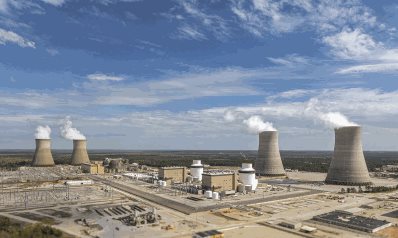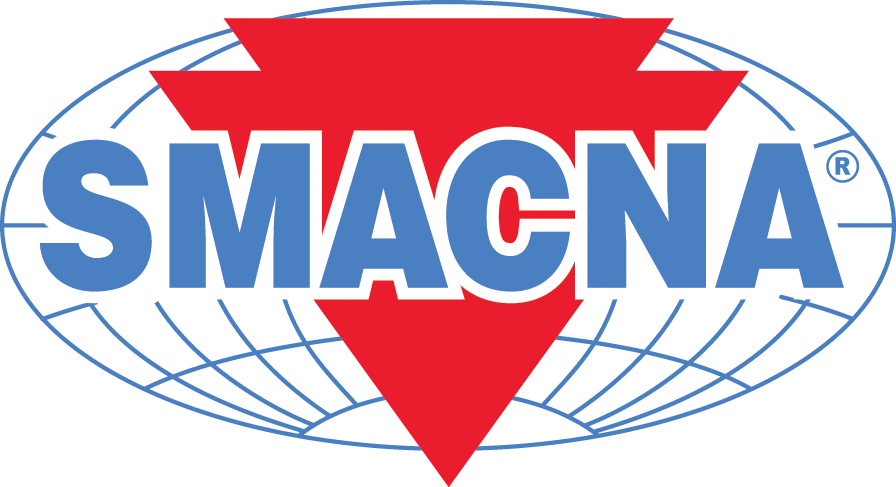Going Nuclear
SMACNA-endorsed nuclear power bill becomes law.
 SMACNA applauds President Biden’s recent signing of the Advance Act, which is legislation to accelerate the deployment of nuclear energy capacity, including by speeding up permitting and creating new incentives for advanced nuclear reactor technologies.
SMACNA applauds President Biden’s recent signing of the Advance Act, which is legislation to accelerate the deployment of nuclear energy capacity, including by speeding up permitting and creating new incentives for advanced nuclear reactor technologies.
The general purpose of the Advance Act is to support the deployment of U.S. advanced reactors both domestically and overseas. It includes a number of provisions aimed at the U.S. Nuclear Regulatory Commission’s (NRC) licensing process, strengthening the workforce at the NRC and updating the NRC’s export authority and processes. The Act would also amend the Atomic Energy Act to ensure fusion facilities continue to be regulated under a radioactive materials licensing framework.
What’s more is bipartisanship on Capitol Hill is a rarity generally, says SMACNA CEO Aaron Hilger, “and that makes it all the more praiseworthy that lawmakers from both parties and the Biden administration shelved their differences to overwhelmingly pass a major piece of legislation with the potential to reshape U.S. energy production, curtail greenhouse gas emissions and add thousands of jobs to the rolls.”
Importantly for the industries with specialized skills required for constructing power plants, like sheet metal contractors, the legislation would reauthorize critical training programs to bolster an essential work force.
“Our member firms have advocated for this bipartisan landmark legislation for nearly a decade and had filed countless letters and hearing statements in favor of its passage,” Hilger says. “SMACNA firms have nearly a half century of experience constructing and maintaining nuclear-powered energy facilities and have special enthusiasm for the financing and training provisions in the U.S. nuclear infrastructure portfolio. These new nuclear technologies, including microreactors, are capable of radically reducing carbon emissions but represent just one of the high efficiency, low carbon energy solutions our firms construct and maintain.”
The Advance Act also modernizes licensing requirements to address the needs of new technology and identifies regulatory barriers that limit the safe deployment of new nuclear technologies. It also directs the NRC to create a pathway for conventional energy source sites to be repurposed in the future.
Among the numerous provisions in the Advance Act are the following directives to the NRC:
- Enhance preparedness and coordination to qualify and license advanced reactor fuel
- Within 18 months, develop risk-informed, performance-based strategies and guidance to license and reguWithin 180 days, submit a report to Congress on manufacturing and construction for nuclear energy projects.
- Within a year, update its mission statement to convey that licensing and regulation of nuclear energy activities be conducted in a manner that does not unnecessarily limit “the benefits of nuclear energy technology to society.”
- Identify and report on regulations, guidance or policy necessary to license and oversee nuclear facilities at brownfield sites
SMACNA also emphasized to Congress that expanding nuclear power, although stalled for many years from passing, has enjoyed broad bipartisan support, with a growing movement seeing it as critical to decarbonizing the power sector to fight climate change and as a way to ensure reliable electricity supply. A version of the Senate passed bill recently passed the House of Representatives, and when the Senate version arrived at the White House, President Biden, long a nuclear power advocate, signed it. This “vote by the House sends the largest update in nuclear energy policy in decades back to the Senate for ratification before it goes to the President’s desk,” says Chair Jeff Duncan of the House Energy, Climate and Grid Security Subcommittee. “This legislation brings us one step closer to energy independence and being prepared for our coming nuclear renaissance.”

Plant Vogtle, located in Waynesboro, Georgia, is the largest generator of clean power in the United States. Photo: Georgia Power
Sen. Tom Carper, D-Delaware, chair of the Senate committee responsible for shepherding the legislation through to completion, underscored what he called the “momentus” impact of the law on the climate and U.S. energy production.
“The urgency of the climate crisis demands a swift transition to cleaner energy sources, and fortunately the Advance Act helps us to do just that,” Carper says. “This bipartisan law will strengthen our energy and national security, lower greenhouse gas emissions and create thousands of new jobs, while ensuring the continued safety of this zero-emissions energy source.”
Nuclear power currently comprises 19% of electricity generation in the U.S., with fossil fuels at 60%, wind power at 10%, and solar at 4%. The law, which aims to boost nuclear power’s contribution, couldn’t come along soon enough, with demand for power rising faster now than at any time in the past five years, according to the non-profit North American Electric Reliability Corporation.
Demand is expected to grow. The Federal Energy Regulatory Commission says that nationwide electricity demand will climb 4.7% over the next five years. That rise is in part due to the increasing electrification of the automotive industry, heating systems and explosive growth in data centers. Data centers are the heart, soul and lungs of the internet, and many of its associated industries and technologies such as artificial intelligence, machine learning, cryptocurrency, the Internet of Things, ecommerce, content streaming and cloud computing. These all have huge power needs that are expected to double by 2030.
The necessity to meet power demands while producing emissions-free electricity translates into a greater reliance on nuclear power for the decades ahead.
Published: November 7, 2024
IN THIS ISSUE
‘Living Here in Allentown’ – New Lyrics for a Historic Urban Center
Billy Joel sang it, and H.T. Lyons is helping reinvent the Lehigh Valley, Pennsylvania, community with a rich history in skilled trades and now a reinvigorated economy.
Above and Beyond
United HVAC installs hotel ventilation system as part of a Boston redevelopment project.
Elevating Customer Service in Residential HVAC
Follow these insights from a service strategist.
Fabricate and Chill(er)
SMACNA member C&S Cos. coordinated with other trades to install exhaust system ductwork used by three chillers on the campus of Syracuse University.
Going Nuclear
SMACNA-endorsed nuclear power bill becomes law.
Invest In Your Workforce Future
This program is a great opportunity to give our young people chances to explore careers.
Making the Hard Case for Soft Skills
Over the past few months, there has been a lot of buzz regarding the topic of “soft skills.”
Measuring Success: The Role of KPIs in Construction
The construction industry faces many obstacles today, from workforce scarcity to unpredictable material expenses.
Navigating Change Orders
Best practices for sheet metal and HVAC contractors.
SMACNA at the Forefront of AI Tech
Solving Window Pains
A Spokane, Washington, residential architectural project required Carlson Sheet Metal to figure out how to prevent rainwater from penetrating the flashing around a high-end home's many windows.
The Ever-Changing Legal Landscape of Non-Compete Agreements
Over the summer, federal regulators set their sights on employment agreements that contain promises by employees to refrain from competing with their employer after they leave (i.e., “non-competition” or “non-compete” provisions) or promises by
Top Priorities for the Final Months of 2024
Here are some of the top priorities from the SMACNA Government and Political Affairs team for the end of 2024.
Welcome New SMACNA Members


